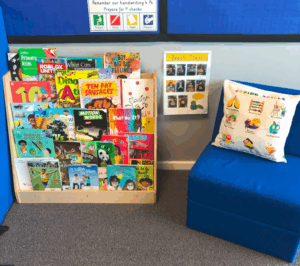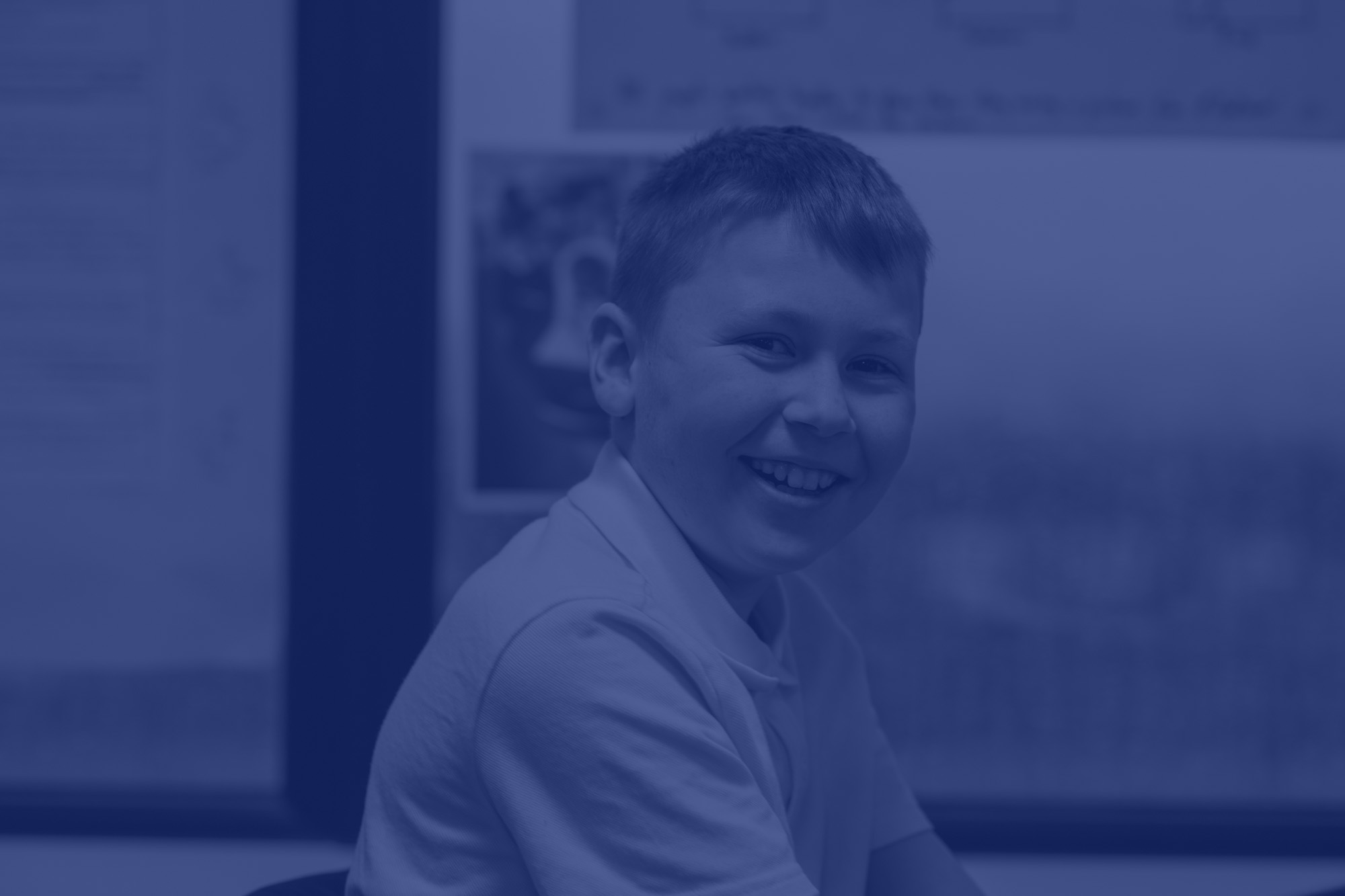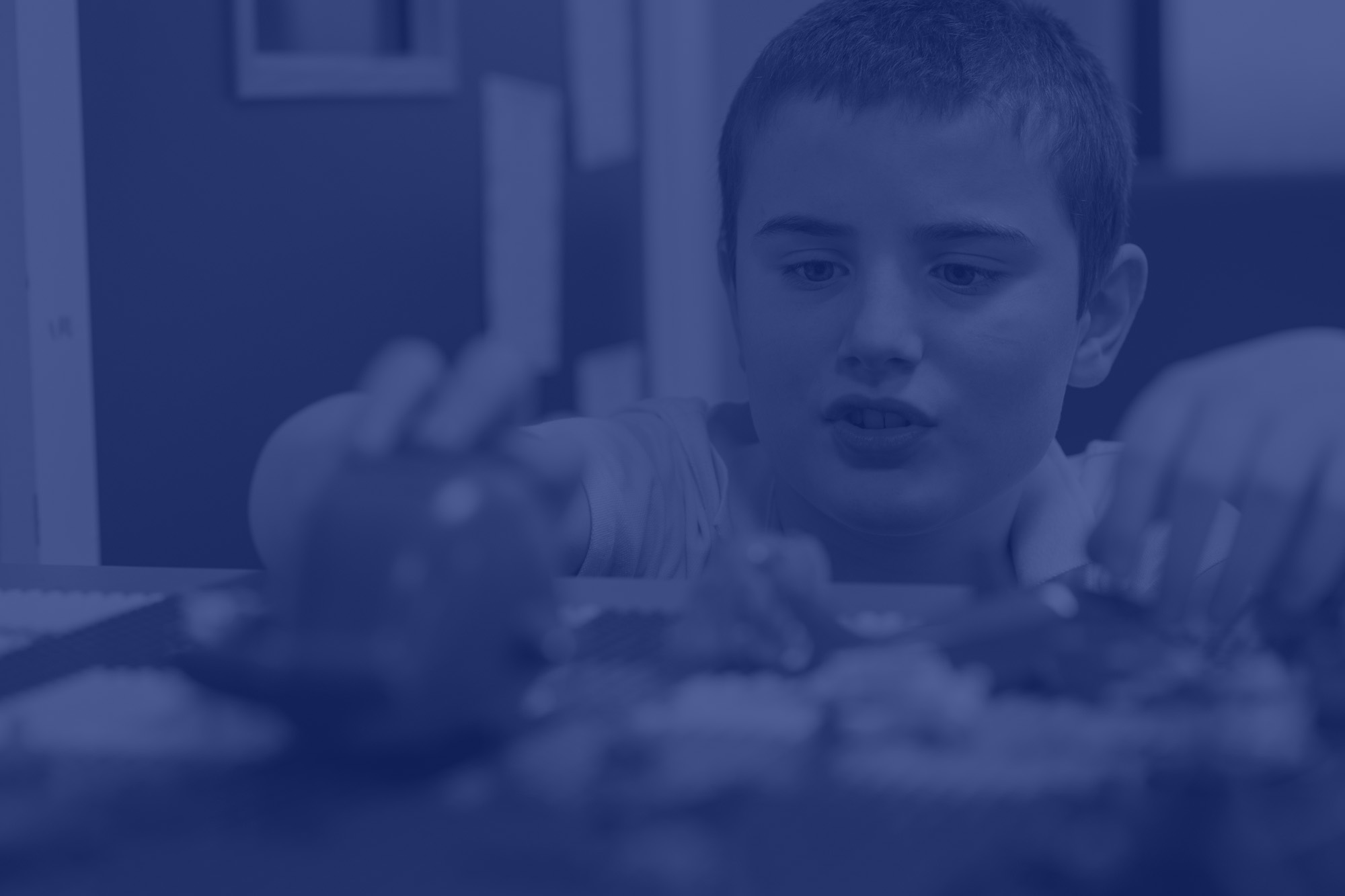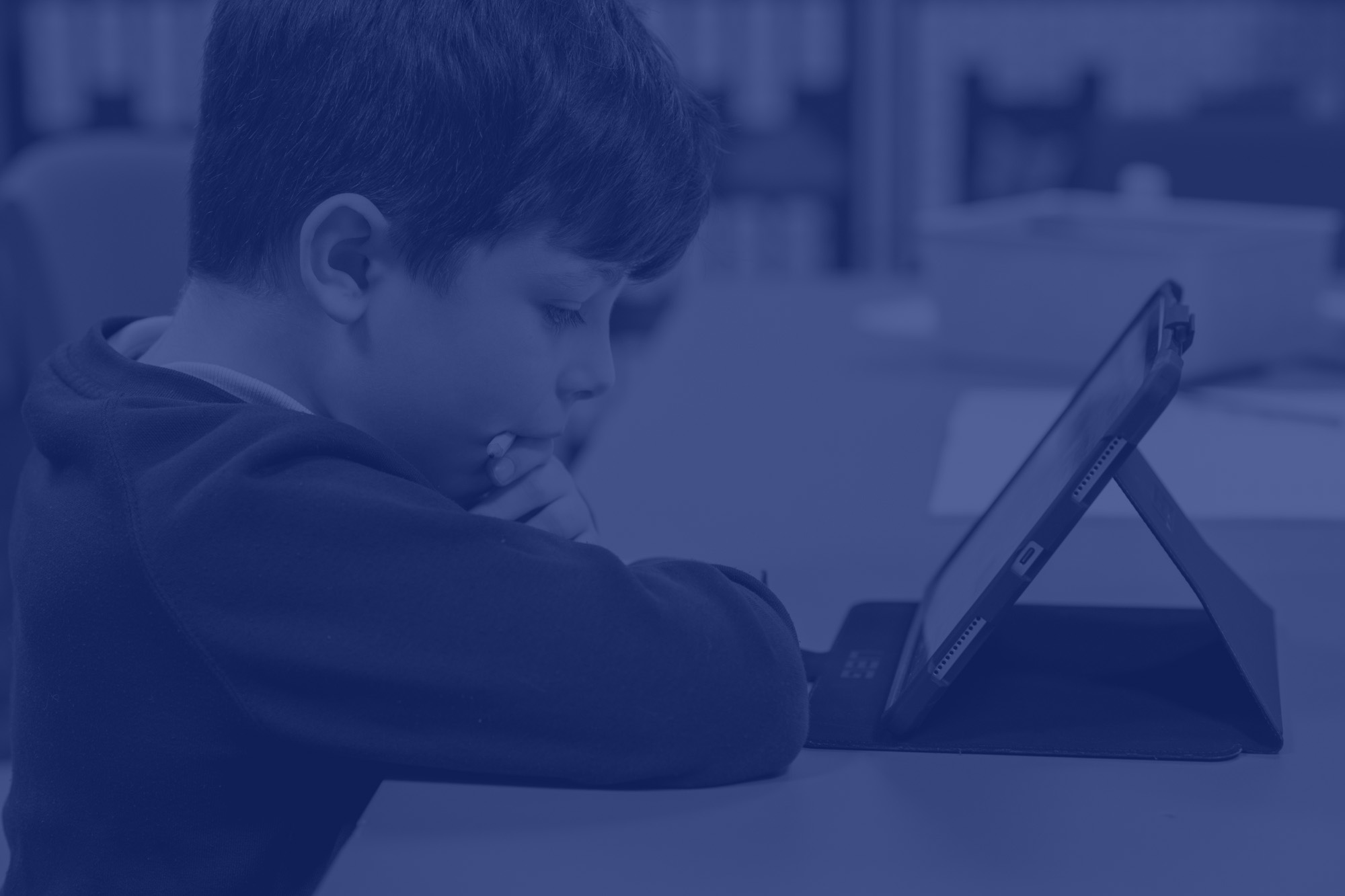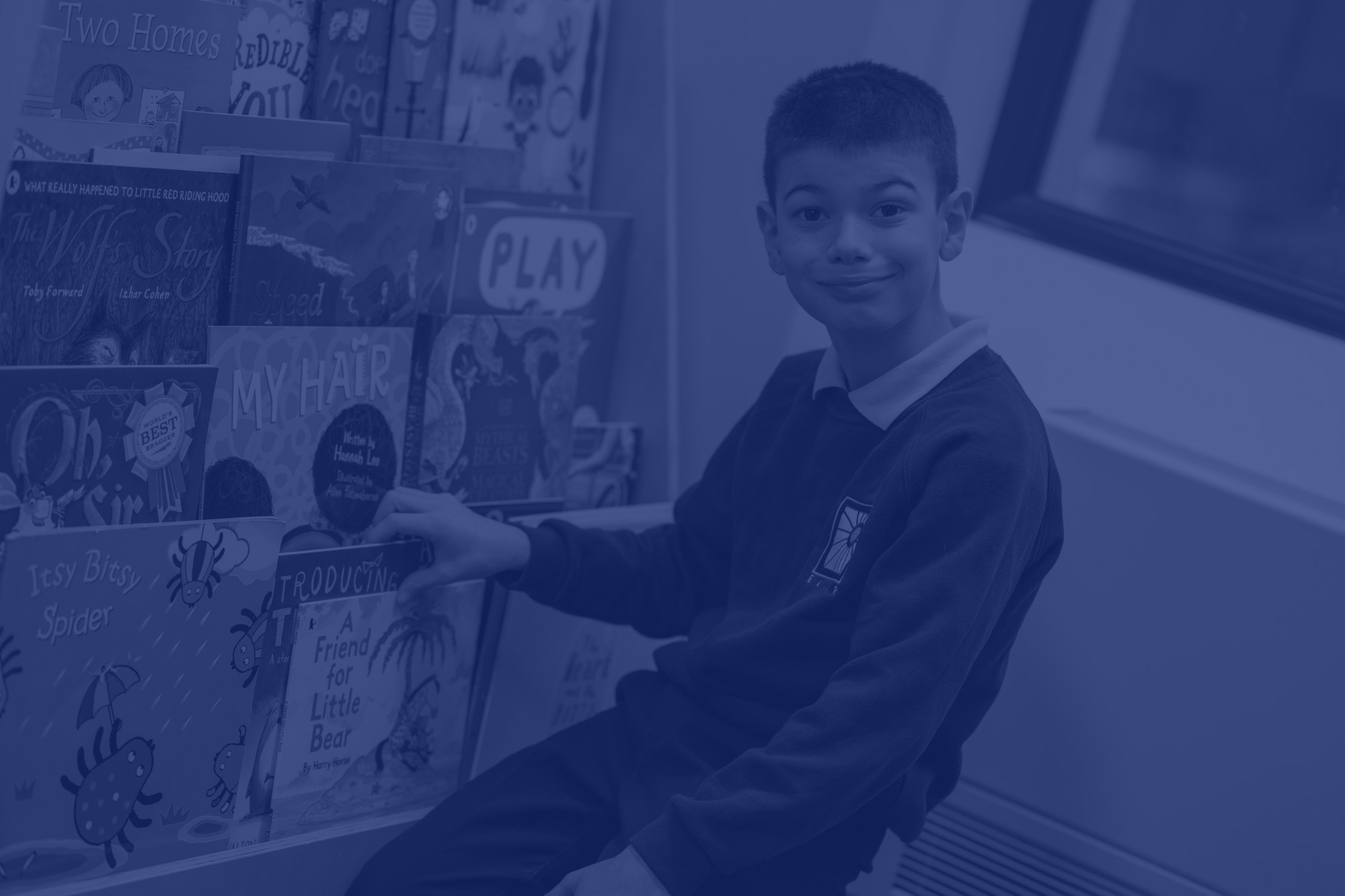What is the reading ambition for pupils at Euler?
Regardless of starting points and barriers for learning, every child at Euler will learn to read. We acknowledge that the start of their journey at Euler will be different for individual pupils. This may start from decoding and word reading, fluency or understanding complex texts through comprehension skills.
Reading will enrich and enhance their vocabulary acquisition and the development of language knowledge is actively promoted in all aspects of school life.
Our ambition is that all pupils will develop a love of reading, personalised to their own reading choices and this will help them to be confident learners in their next stage of education.
What are the stages of reading?
In the simplest form there are three stages to developing reading skills:
- Phonics is the approach to decoding. The systematic synthetic phonics programme at Euler is Bug Club. Also see Early Reading and Phonics sections.
- Fluency is the bridge between word recognition and comprehension. This is because fluency connects accuracy and automaticity and prosody to enable a pupil to read confidently at a reasonable pace and with understanding.
- Comprehension is the ability to understand a more complex text and interpret their meaning.
How do teachers deliver an ambitious curriculum at Euler?
The National Curriculum is used as a framework for our reading curriculum, but we aim to enhance and personalise it to the Euler pupils. Pupils access a range of high-quality texts regardless of their reading abilities with teachers facilitating this through daily reading aloud, individual and shared reading opportunities.
What books do we read at Euler?
Euler pupils access a range of high quality progressively challenging books across their time at our school. These books are selected for their subject matter, links to the wider curriculum and to widen and develop their cultural capital. Pupils will range a books from different authors, different viewpoints and genres and they will reflect a more diverse world. The purpose of these texts is to challenge the pupils thinking and encourage them to deepen their understanding of the world and relevant issues. Although these class texts are carefully selected, we do offer many opportunities for the children to pursue their own interests in the books they choose to read for pleasure.
How is reading taught?
At Euler, guided reading teaching sequences embed key skills in comprehension, extend and challenge vocabulary and develop questioning. We acknowledge that some pupils may not be able to independently read age-appropriate texts therefore, teachers make adaptations to meet the individual needs of the pupils in their classes. To support the pupils, teachers plan activities that provide the pupils with opportunities to work as a class, group, pair or individually to help them share ideas, model, and scaffold each other in their learning. In addition to this, all children have a daily 1:1 individualised reading programme to meet their needs in their stage of development in reading supported by highly trained staff.
How do we enrich and develop a love of reading?
There are many opportunities outside of reading lessons that enhance the reading provision, some of these include:
- Weekly access to a well-stocked, high-quality library
- Timetabled daily story time in all classrooms
- Access to the local Library service who provide books, story sacks and topic packs for all areas of the curriculum
- Home and school access to Bug Club digital books
- Participation in national and local reading events such as The Big Malarchy and World Book Day
As a school, we prioritise reading in all aspects of the curriculum and where appropriate we encourage writing to be developed through the reading book in class.
How do our staff support the children’s development of reading?
The Principal and leadership team prioritise reading across the school. All teachers and support staff are regularly trained to support readers at different stages of development, and they are able to support and challenge effectively. Also see Early Reading and Phonics section.


